
One of the Most Underrated Portable Gaming Systems: A cheap, used Android phone and a Razer Kishi game controller.
For the past few weeks, I’ve been using the combination of a cheap used Android phone (An LG V40 I found on eBay for about $140) and a Razer Kishi mobile game controller which ran me about $50 from Amazon (you can buy an Xbox branded version of the controller but it’s not worth the extra cost in my opinon). This combo has proven to be a relatively inexpensive yet surprisingly potent portable gaming system for games like Call of Duty Mobile, which performs a lot better than I would’ve expected of Call of Duty on a phone.
Not only that, it also works well with Xbox Game Pass, which, if you don’t already have it, is one of the better deals in gaming today and they recently upgraded to Xbox Series X-quality server blades so it’s an easy way to get next gen console-quality gaming on a phone.
I originally bought the LG V40 because I’m a massive audiophile and it uses an ESS Sabre Quad DAC inside which, to non-audiophiles, means LG V and G-series phones are some of the best lossless audio players on the market. Thanks to its micro SD card slot, I was able to load up a 400GB card with FLAC files to listen to away from my home audio setup without sacrificing quality.
Fortunately (or unfortunately if you’re a seller), a lot of Android phones drop in price rather dramatically after a couple years so a phone that’s not even three years old can be had on the cheap rather easily these days if you’re willing to shop the used market. I originally bought a newer and more powerful LG G8X ThinQ but the darn thing broke on me not too long after I bought it (the thing was basically soft-bricked) so I returned that and went for a cheaper LG V40, which was in excellent physical condition, barely distinguishable from a new device, and has worked just fine ever since.
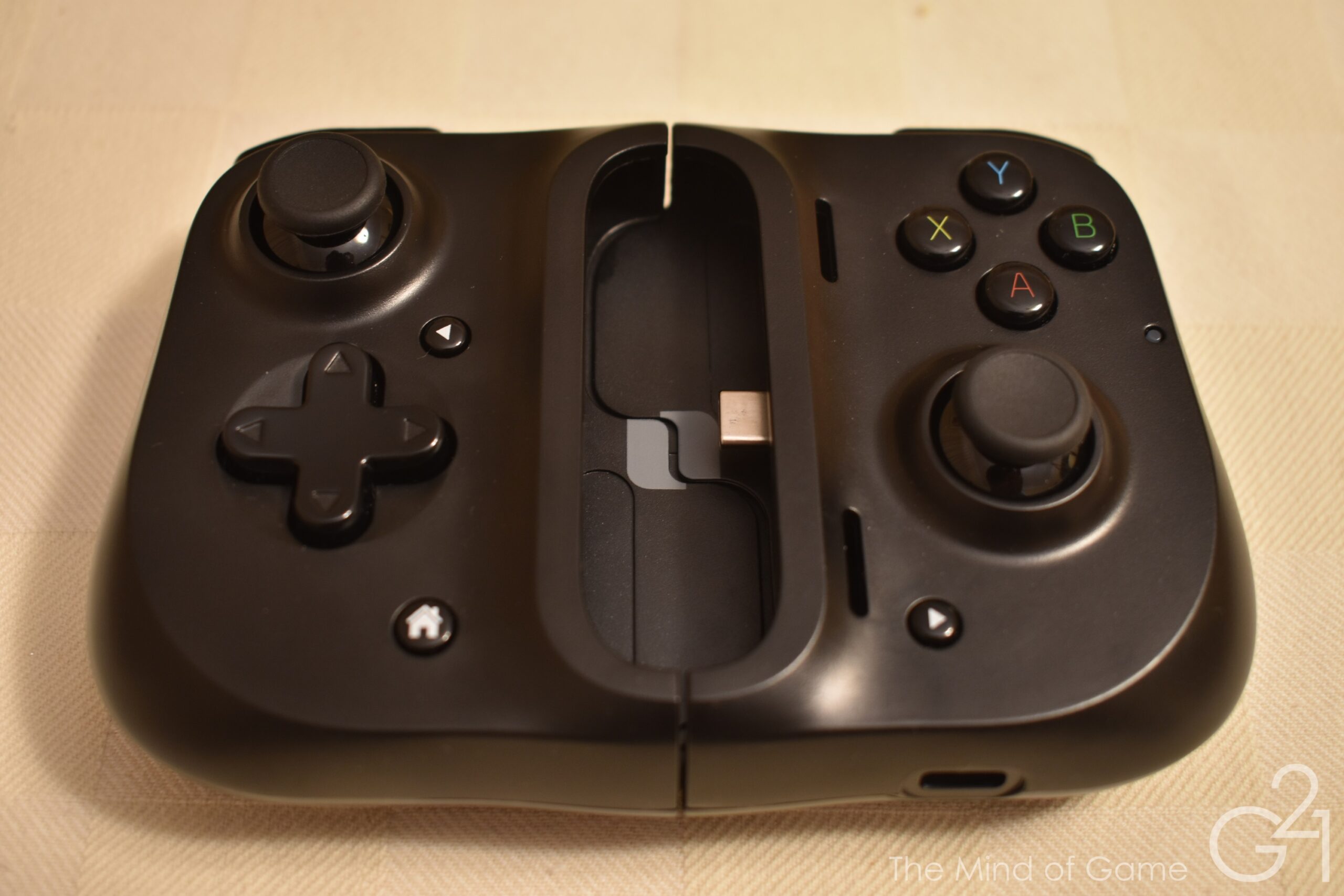

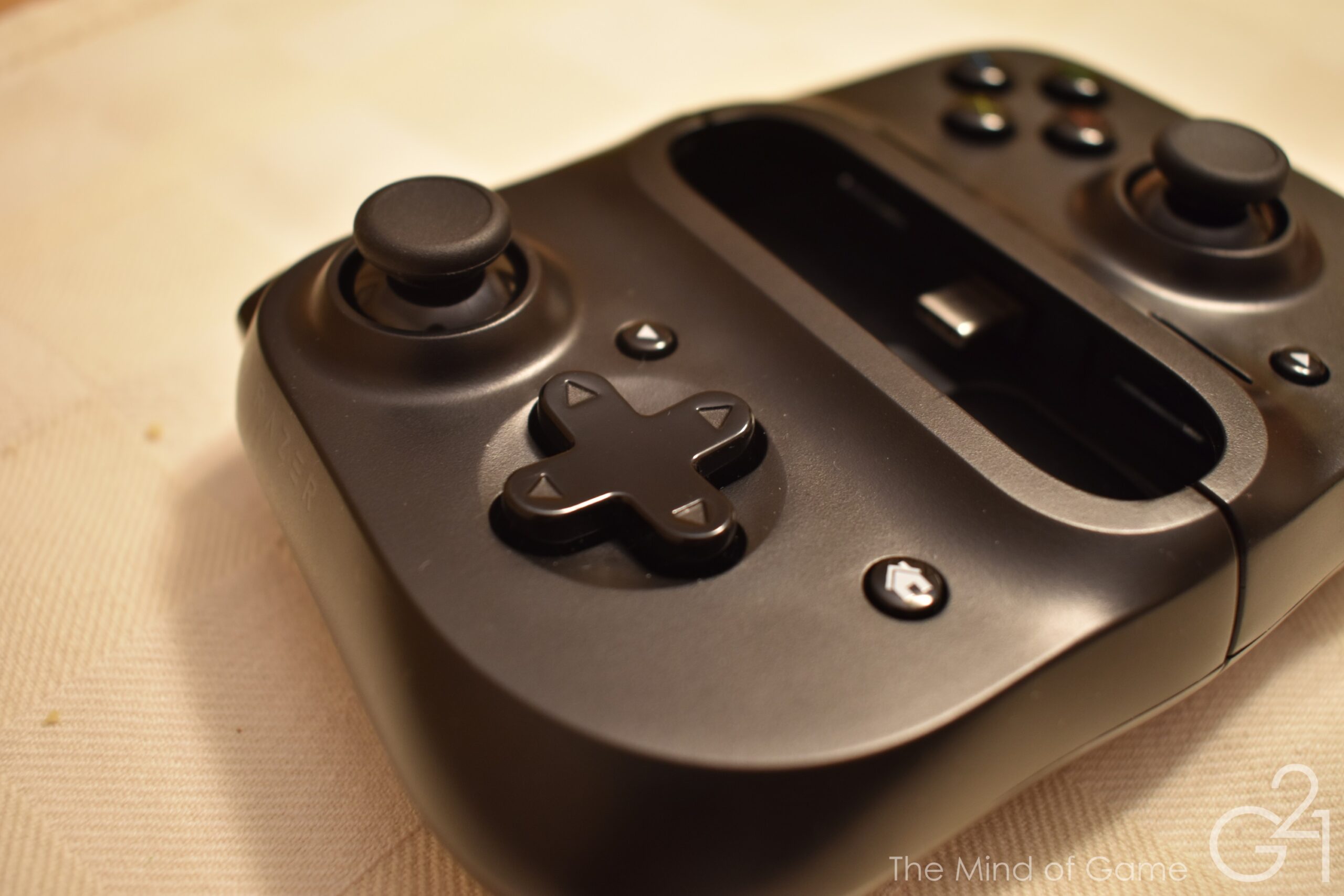
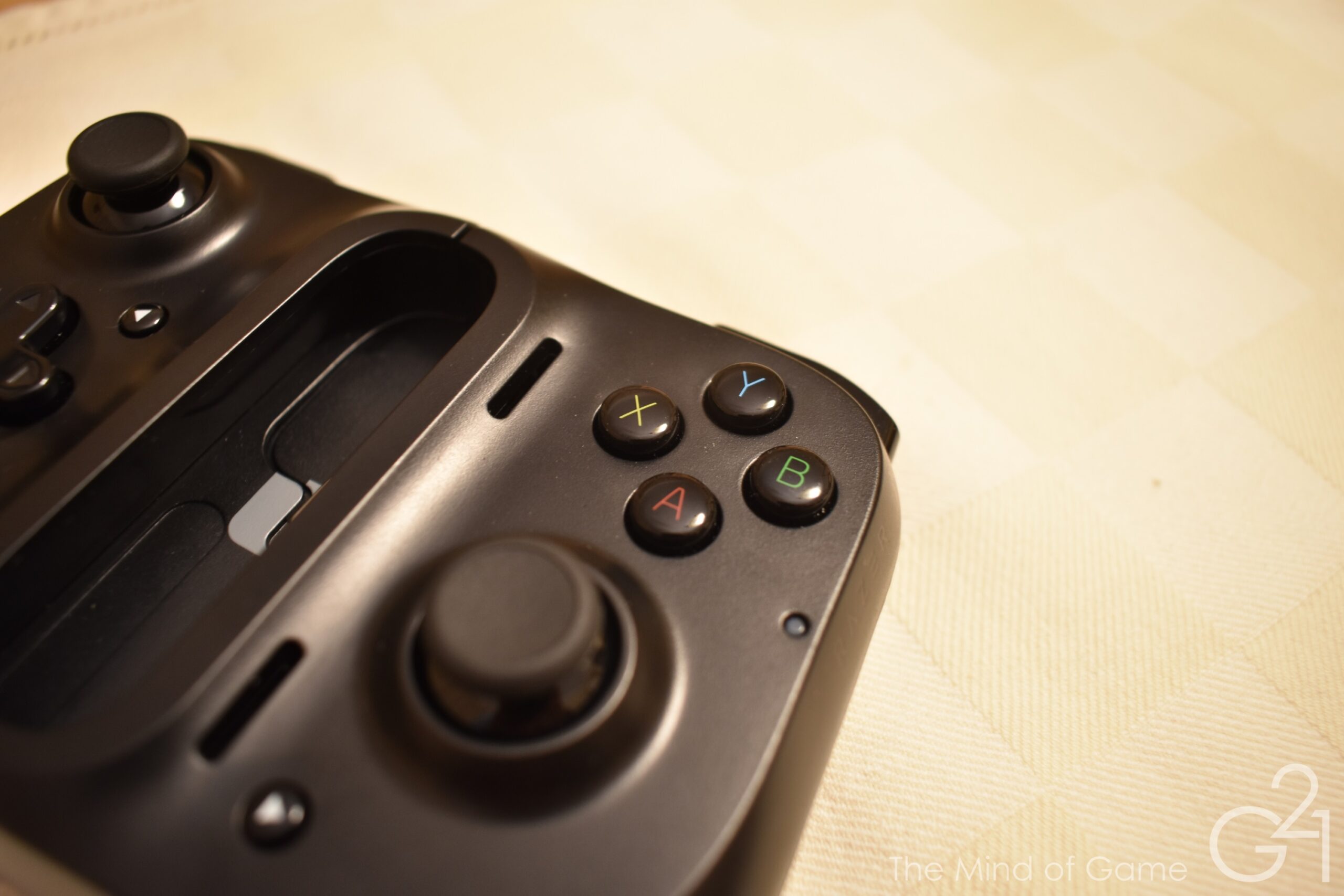

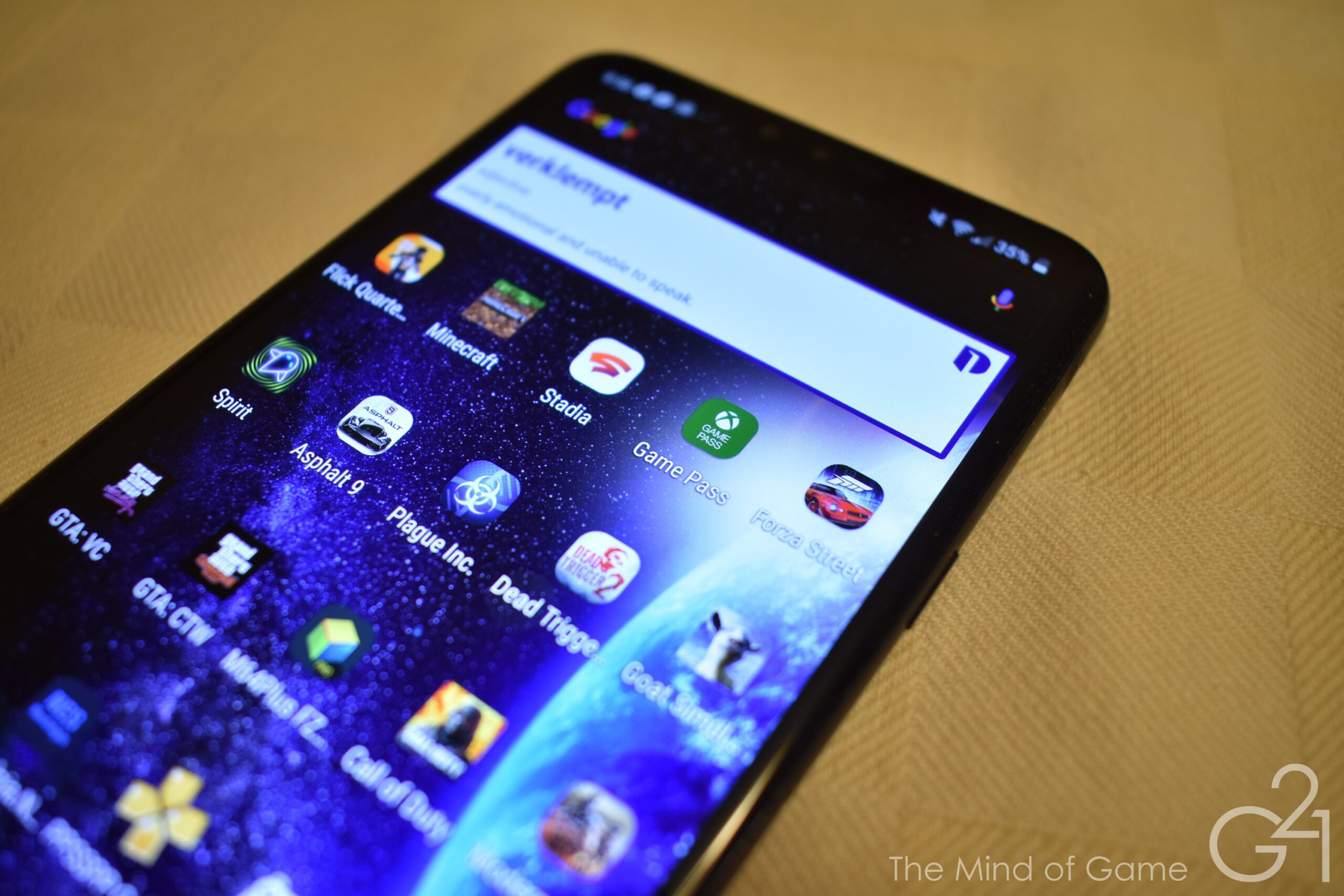
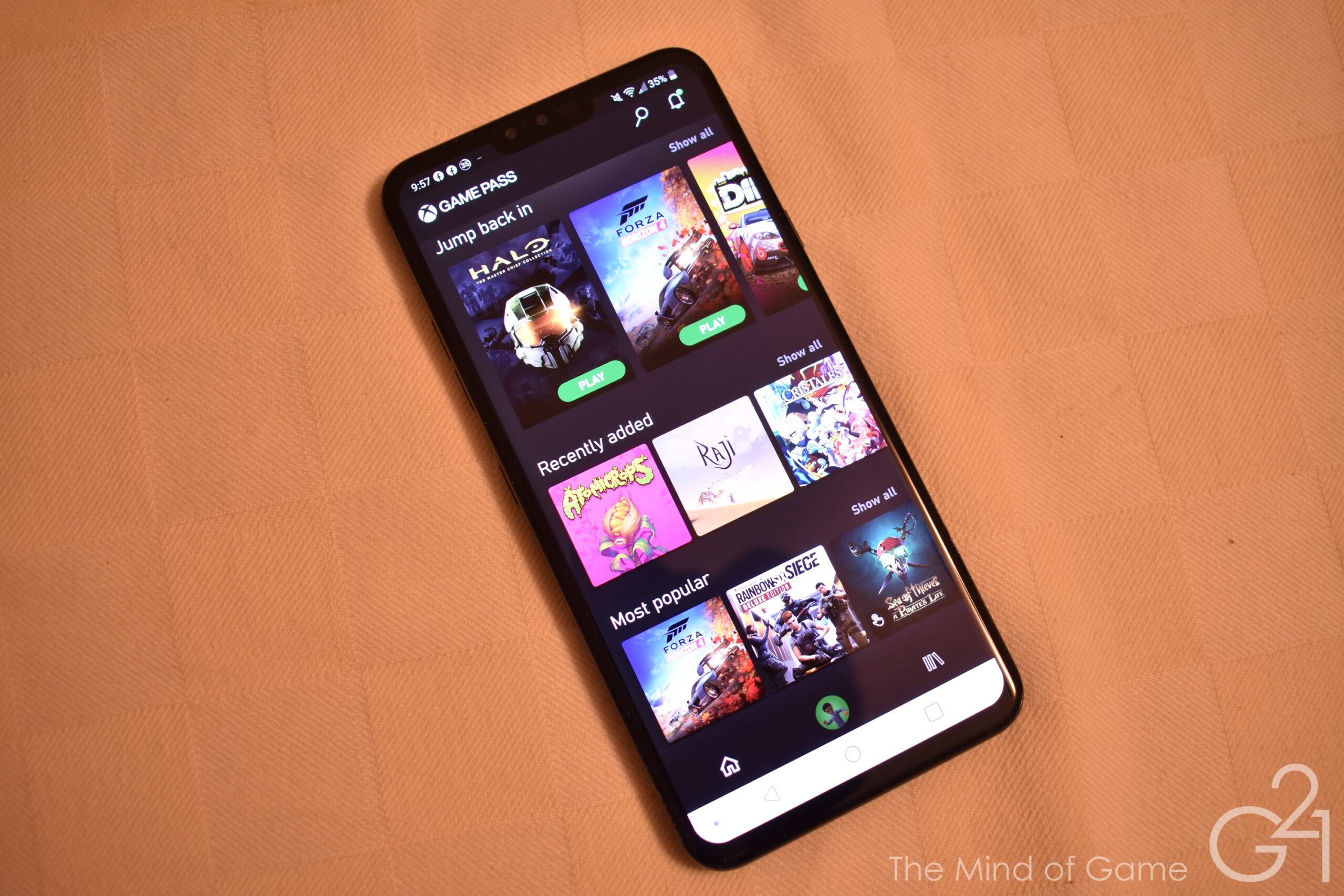
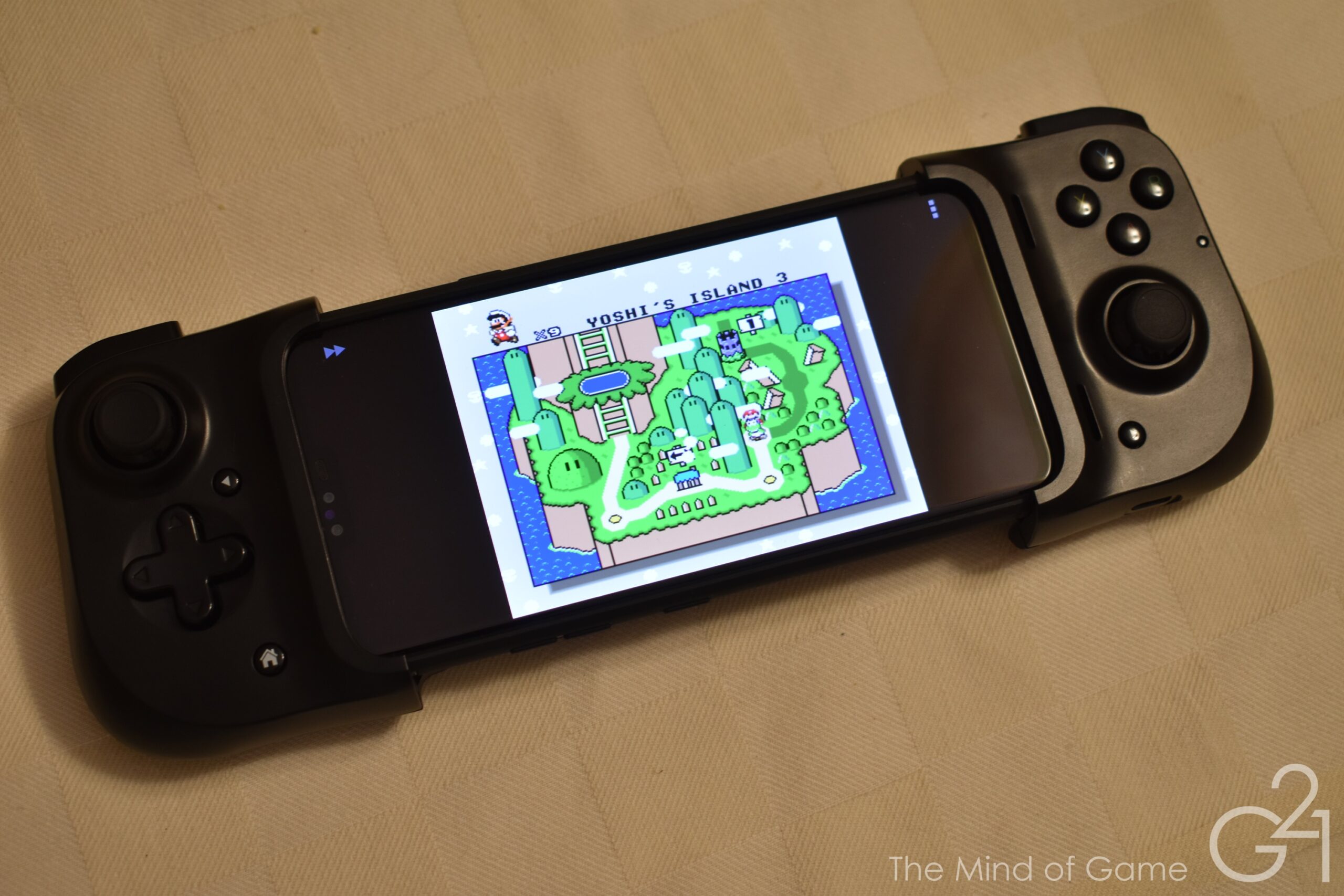
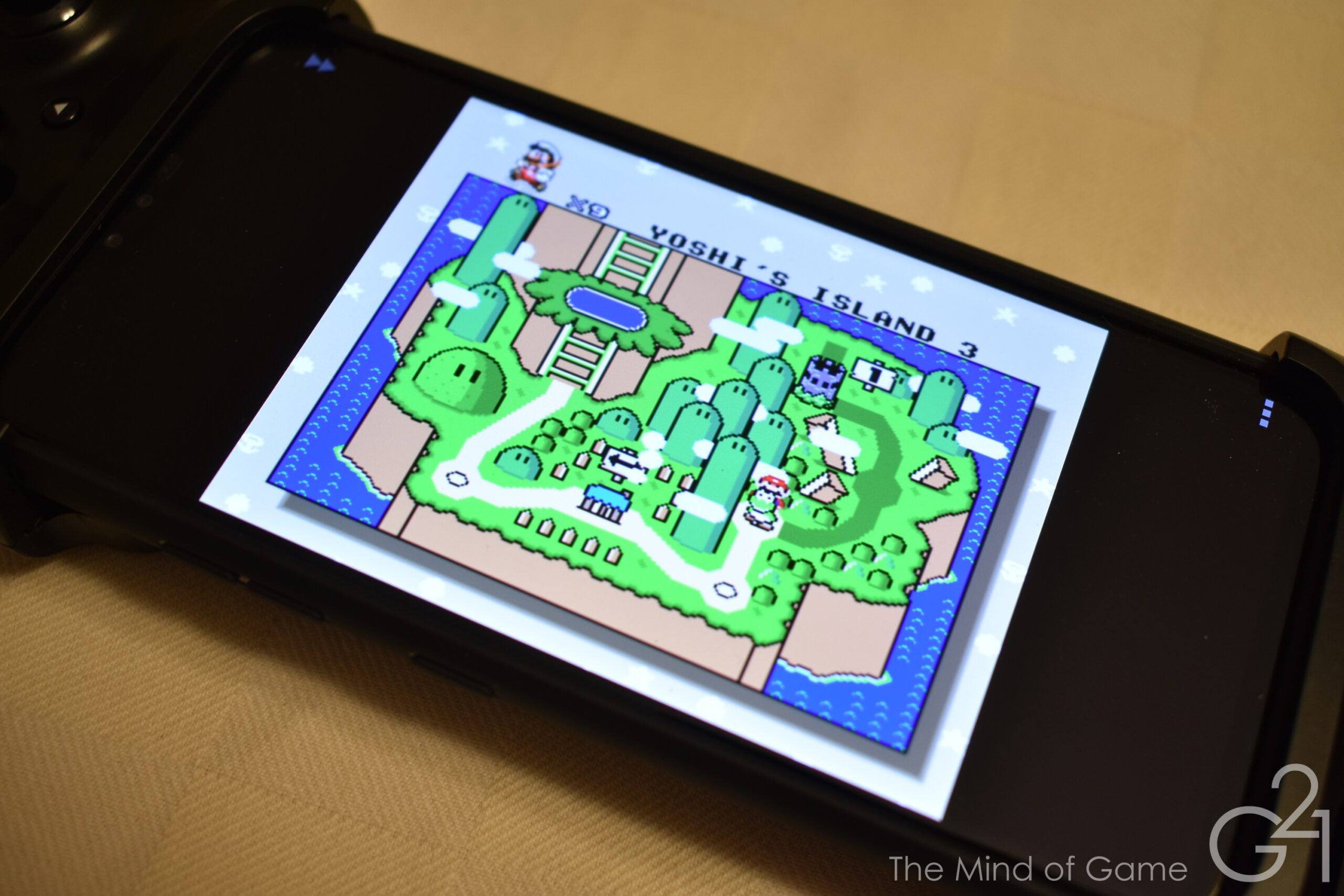

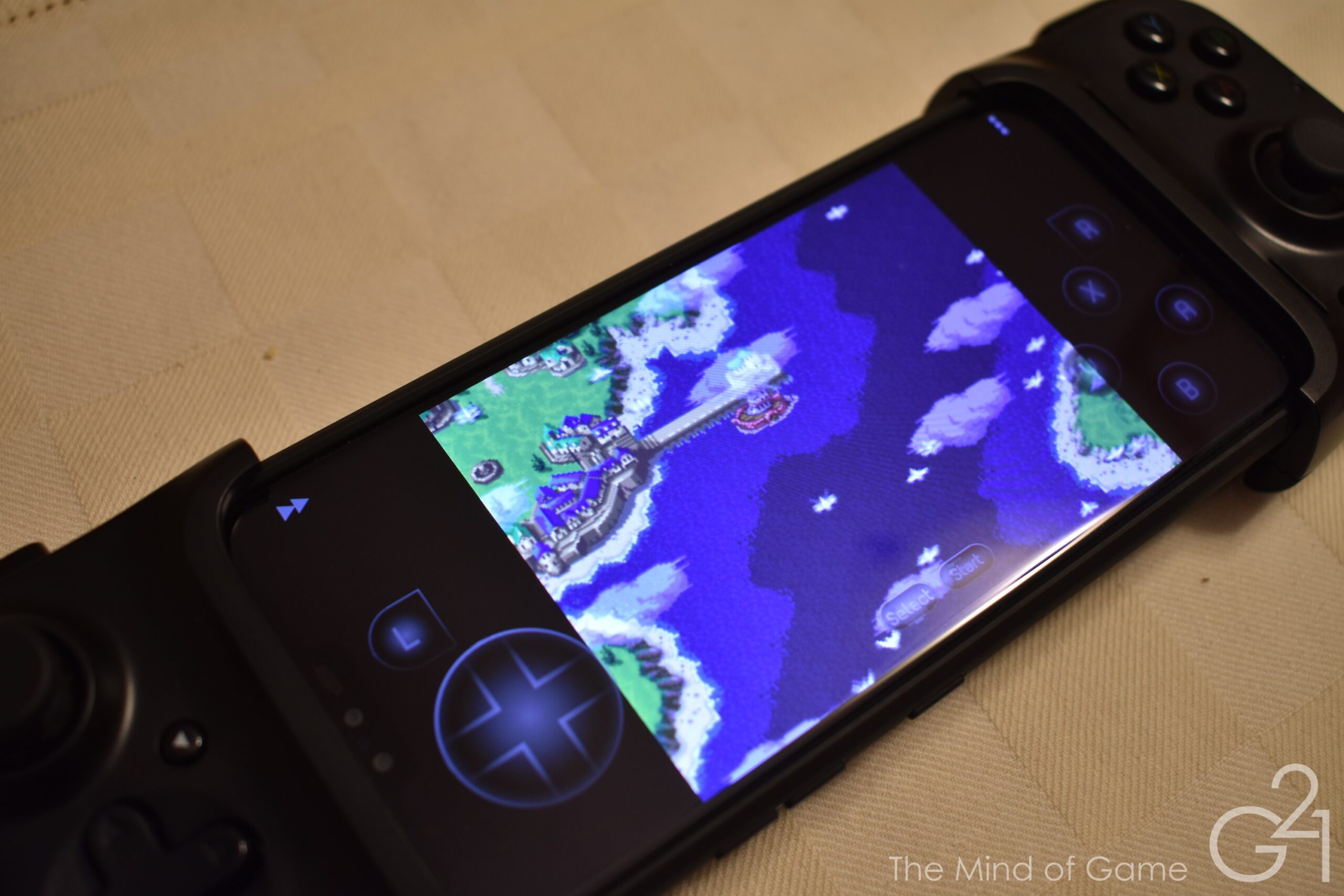
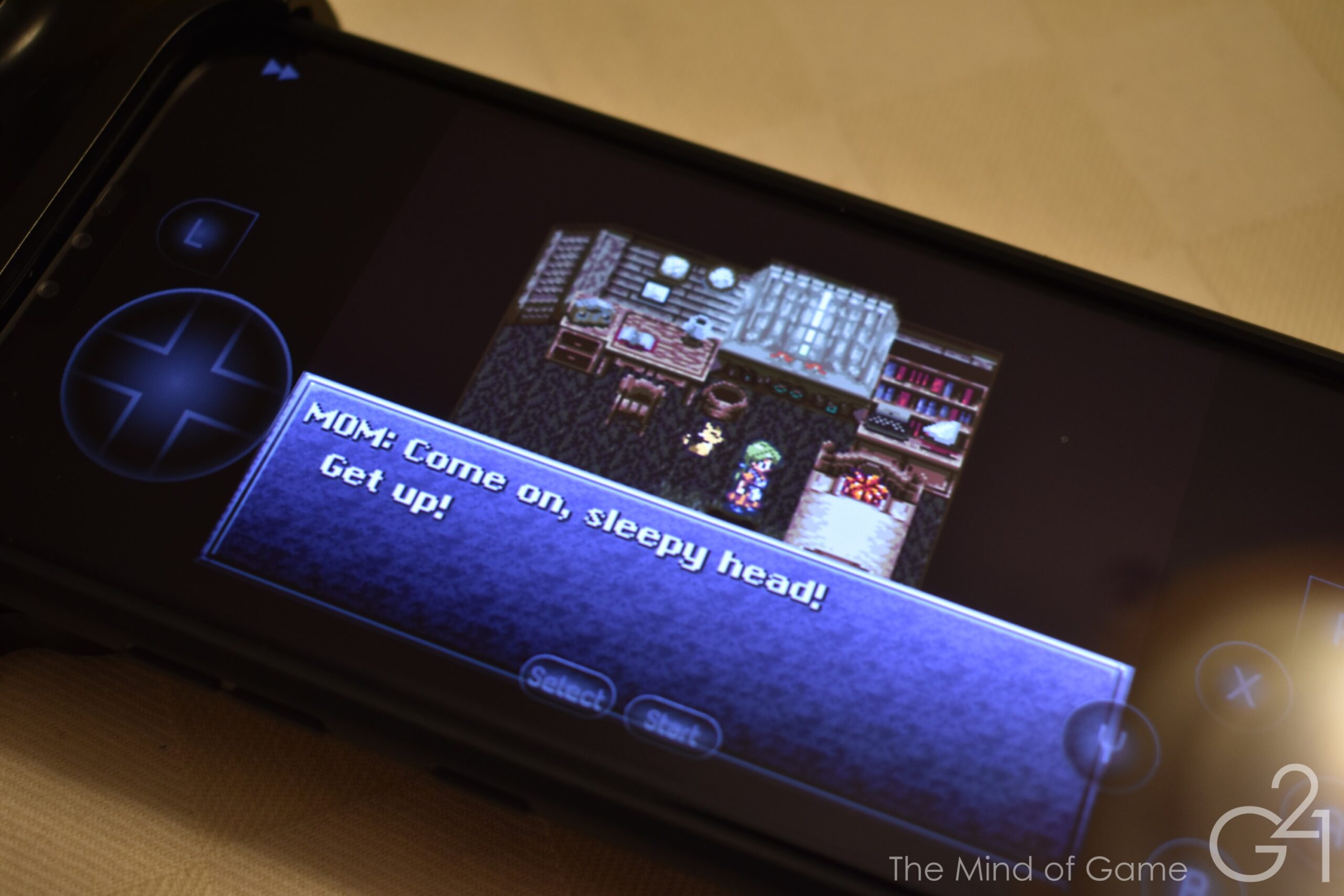
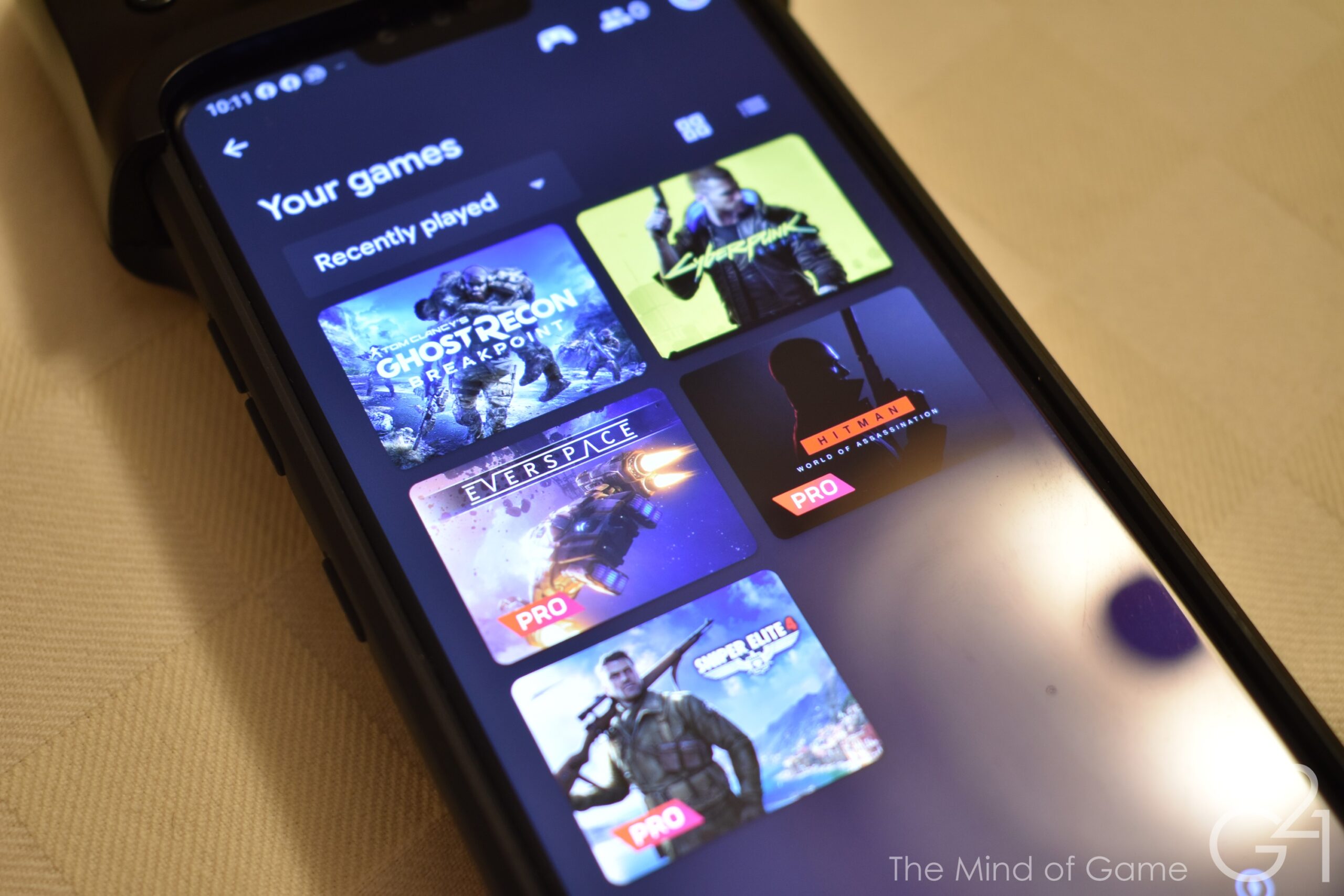
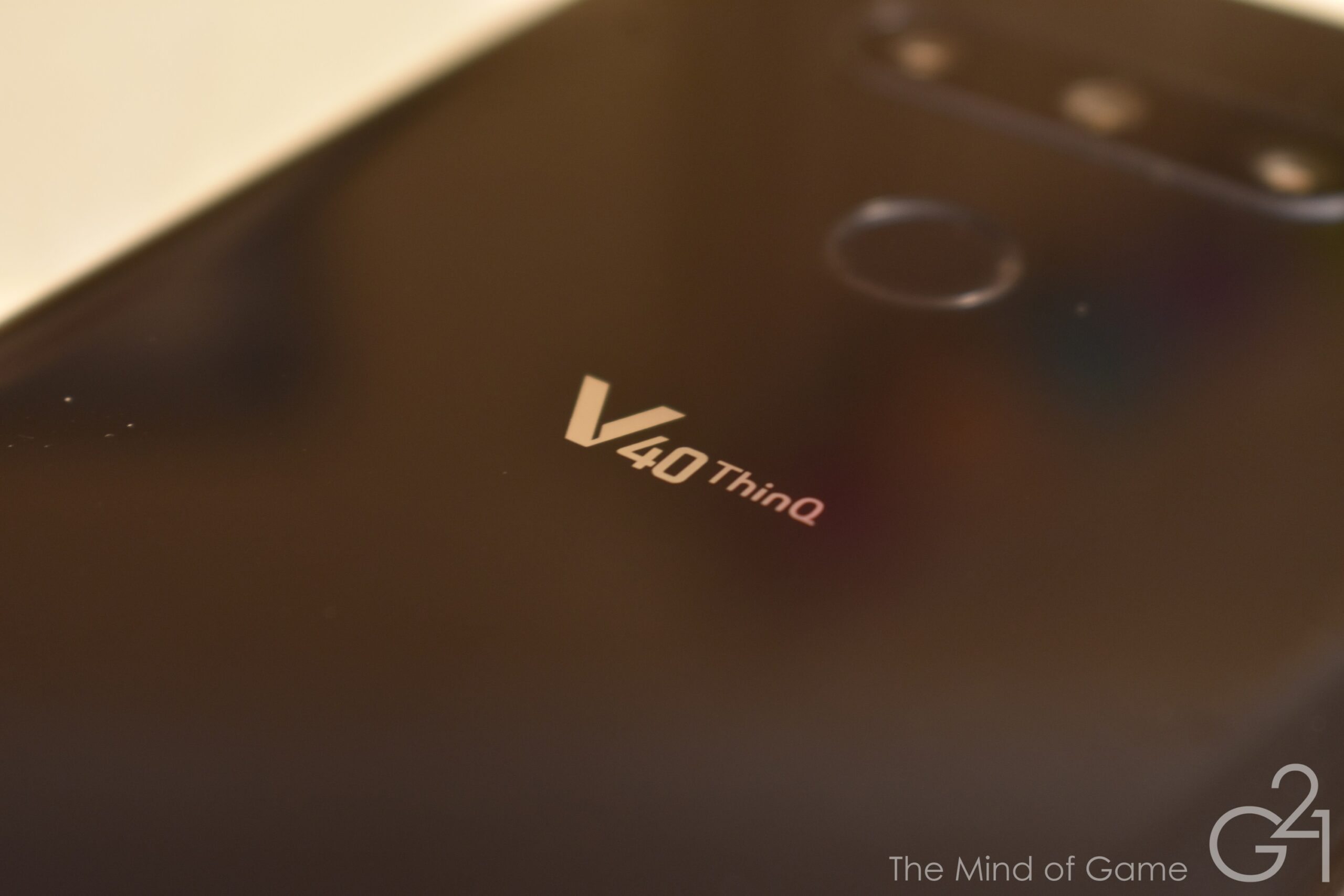
These phones are still capable performers, with the LG V40 rocking a Snapdragon 845 SoC and the G8X featuring a Snapdragon 855, meaning they’ll power through a lot of current mobile games with ease, even at the nearly 4K native resolution of their screens. I’ve managed to run a number of games on my V40 including Minecraft, Forza Street, Call of Duty Mobile and Asphalt 9 with no issues.
And the extra horsepower under the hood of recent Android devices means they also run a lot of readily available emulators from the Google Play Store with no trouble. Even the notoriously difficult to emulate Nintendo 64 didn’t give me much trouble in the games I tested.
It’s actually the availability of these emulators on the Google Play Store that makes me recommend Android over iOS devices as a secondary device purely for gaming purposes because Apple straight up doesn’t allow emulators on the App Store. iOS has a wide variety of games available on its App Store, perhaps even more than Android (though I’m not saying this for certain) though, so gamers wouldn’t be ill-served going with an iPhone.
Now I’m not one to advocate for illegal activity but emulators and ROMs exist in a legal grey area so I’ll let you decide how to approach them. Based on my tests though, I’ve even managed to get Dreamcast games running pretty smoothly, though GameCube games run like a slideshow, at least on my LG V40. Some more recent phones might have a better go of it, but I can’t verify this myself.
Razer Kishi
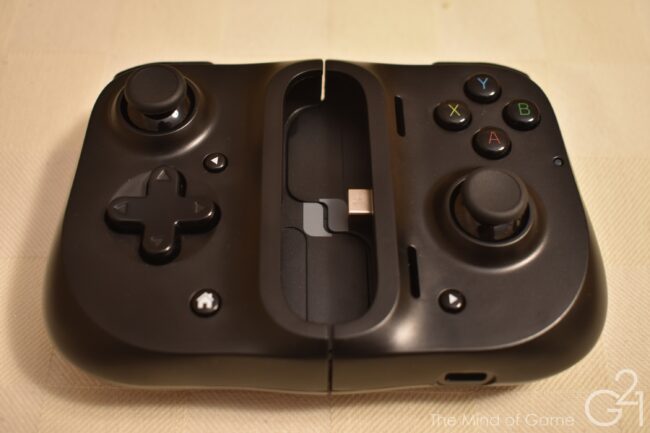
The Razer Kishi itself is a solid piece of hardware. It folds up into a more compact shape when not in use and connects to the LG V40 via a USB C port. I was happy to note that it even works with my V40’s case once I removed the rubber bumpers designed to cushion the device and better hold it in place during use. Unfortunately, the iPhone version of this controller doesn’t offer this function and I have to remove my case in order to use it with the iPhone every time, which is annoying.
Other than that, the control sticks and button layout mimics that of the Xbox controller, which makes it immediately familiar to me, being a big fan of the Xbox controller on PC and console.
Because of this, the LG V40 works incredibly well for streaming games from Xbox Game Pass and Google Stadia. There are some hiccups here and there and a bit of lag that’s to be expected of a streaming service but overall, the two services work well enough that I wasn’t too bothered by the occasional hitches.
The buttons, triggers and analog sticks are nice and responsive, with a good bit of travel and satisfying, console controller-like “clickiness”. The d-pad is a tad on the mushy side, which could hamper some folks in fighting games, but is otherwise responsive enough that most people won’t have a problem with it.
The Razer Kishi’s passthrough charging port occasionally doesn’t like to begin charging unless you plug in a charging cable before you connect your device. It also drains the phone’s battery even when it’s not in use, sort of requiring you to keep it plugged in all the time if you don’t want to take the phone out between uses. It also doesn’t have a 3.5mm headphone jack, but it does have cutouts to redirect sounds from the speakers toward you during play.
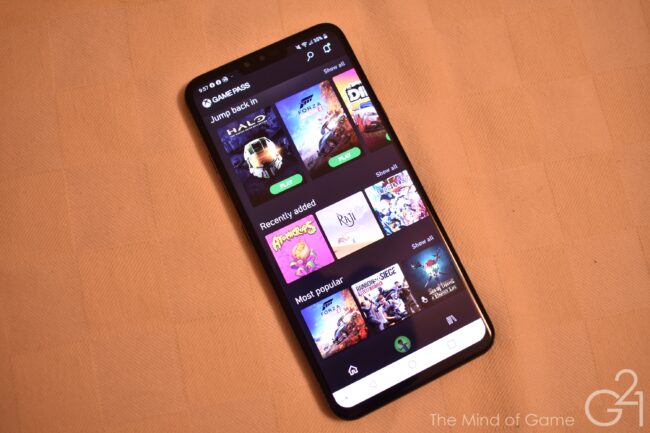
All of this adds up to a heck of a deal for a portable media and gaming system that can be had for less than $200. Sure, Nintendo’s offerings in the 3DS and Switch might have this beat considering the strength of their respective libraries and, in the Switch’s case, games to come, but a device capable of accessing the full range of Xbox Game Pass cloud streaming titles, Google Stadia games, games from the Google Play Store, and a vast array of retro games through emulators is hard to pass on. And it goes without saying just how potent media machines smartphones are these days so you’ll have all of those benefits as well.
I’m quite pleased with the functionality of my LG V40 and Razer Kishi and the combination of the two has earned its spot as one of my favorite gaming systems at the moment.
 The Mind of Game
The Mind of Game